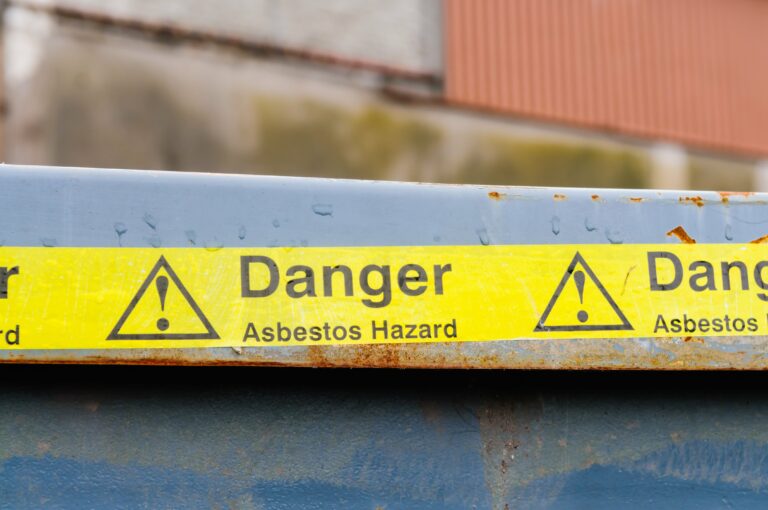BLOG
Harassment and bullying in manufacturing

We all want our workplaces to be free from harassment and bullying. Unfortunately, employers have hit the headlines for all the wrong reasons in recent months. Incidents of harassment and bullying don’t just affect Hollywood and Westminster, but workers in all types of organisations and sectors, including manufacturing businesses.
Challenges in manufacturing
Despite efforts in this regard, women are still under-represented in the manufacturing sector. This makes them susceptible to bullying and harassment on the basis of their sex. Likewise, most manufacturing businesses are made of a diverse workforce with workers of many different nationalities, cultures and religions, which can lead to cases of racist and xenophobic comments.
It’s important that employers take steps to prevent harassment so they can avoid absences, grievances, resignations, reputational damage and claims.
Understanding bullying and harassment
Acas defines bullying as ‘offensive, intimidating, malicious or insulting behaviour, an abuse or misuse of power through means intended to undermine, humiliate, denigrate or injure the recipient’.
An employee cannot make a claim for bullying to an Employment Tribunal, but the bullying behaviour may fall under the scope of harassment. Under the Equality Act, harassment is defined as ‘unwanted conduct related to a relevant protected characteristic, which has the purpose or effect of violating an individual’s dignity or creating an intimidating, hostile, degrading, humiliating or offensive environment for that individual’. It can be in relation to someone’s age, disability, gender reassignment, race, religion or belief, sex and sexual orientation.
For example, you may face a claim for racial harassment if one of your managers is mimicking an employee’s accent, making jokes about their country of origin and calling them derogatory and racist names. Other examples of harassment may be spreading malicious rumours, ostracising someone, unfairly criticising their work, sending offensive emails, undermining someone and unwanted sexual advances.
Banter can cross the line and actually be considered harassment. It may seem harmless to you, but it may be very offensive to someone else, so great care needs to be taken.
It’s not just claims for harassment that you need to be worried about – you may also claim for constructive dismissal. For example, if an employee has raised a grievance about bullying behaviour by their line manager and you failed to address it, this may be in breach of the implied duty of trust and confidence between you and the employee.
Be aware of social media
Harassment and bullying does not only occur face to face and in the workplace. Inappropriate and offensive posts, images and videos posted on social networking sites can also constitute harassment.
This is why it’s essential to have a social media policy, which clearly sets out guidelines on what is and is not permitted both at work and at home. The policy should also set out that serious misuses of social media can amount to gross misconduct and result in the termination of their employment.
Employer’s duties
Under the Equality Act, if an employee is found to have harassed another employee, the employer can be held responsible. However, they will not be held vicariously liable for harassment committed by their employees if they can prove that they took reasonable steps to prevent it occurring.
Here are some top tips for manufacturing employers:
- Ensure that in your workplace, it is clear that bullying and harassment is not permitted. Make sure that you and your senior management team lead by example.
- Ensure you have all the policies and procedures in place, including bullying and harassment, social media, grievance and disciplinary procedures. If you have a diverse workforce, you should also consider getting these procedures translated to ensure they are understood by all employees.
- If someone raises a concern about bullying and harassment, make sure you deal with it in line with your grievance procedure.
- Provide training to employees. They should understand that it’s their duty to ensure that their behaviour does not step out of line and to stop their comments or actions if they are told they are offensive or unwanted.
- Provide training to managers so they can recognise and identify issues, stop issues escalating further and can deal with challenging situations if they do arise. Regular training will assist you in responding to Employment Tribunal claims if you are seeking to assert that you have taken all reasonable steps to prevent harassment occurring.












